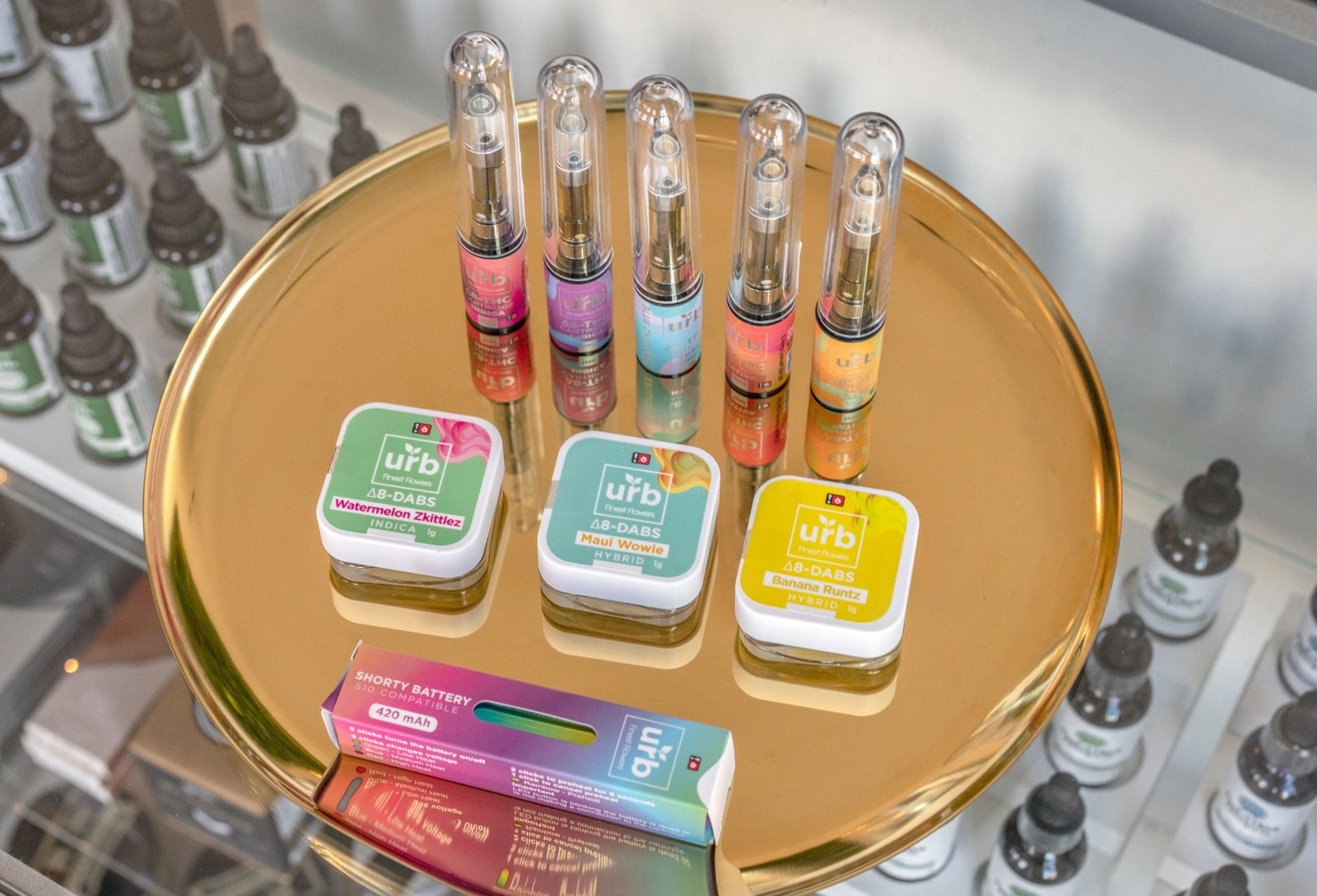Where Law Meets Ethics
Sweden is known for strong values: fairness, responsibility, and public health. When it comes to cannabis, these values shape some of the strictest laws in Europe. Yet curiosity about THCA vapes is rising, creating both legal and ethical dilemmas for consumers.
Should Swedes explore this compound in a society that forbids THC? Can individuals balance personal wellness with national restrictions? This article explores the intersection of law and ethics in THCA use.
THCA – The Scientific Context
THCA, or tetrahydrocannabinolic acid, is a naturally occurring cannabinoid. Unlike THC, it does not intoxicate in its raw state. This makes it scientifically distinct and appealing for wellness.
But science also shows its potential: when heated, THCA transforms into THC. This chemical reality explains why regulators remain cautious.
Why Vaping Complicates the Issue
Vaping is marketed as a safe, modern way to consume cannabis derivatives. It avoids smoke and allows temperature control. For THCA, it offers a direct way to experience the compound.
However, the very act of heating creates risk. If temperatures are not controlled, consumers may unknowingly produce THC, creating both legal violations and ethical questions about compliance.
Swedish Law – Zero Tolerance
Sweden enforces zero tolerance toward THC. The country does not allow exceptions for medical use, unlike its European neighbors. This strict stance is rooted in protecting public health.
THCA is not specifically listed as illegal, but because it can lead to THC, authorities remain suspicious. For consumers, this creates uncertainty, making legality part of the ethical dilemma.
Ethical Considerations for Swedish Consumers
Beyond legality, ethics plays a role in THCA exploration. Swedish culture emphasizes collective well-being. Choosing to consume products in a legal grey zone raises questions:
-
Does it undermine public trust?
-
Does it conflict with Sweden’s commitment to social responsibility?
-
Or does it represent a personal right to explore natural health?
Consumers must reflect on these ethical dimensions before making decisions.
Potential Benefits – Why the Dilemma Exists
The legal and ethical tension exists because THCA shows genuine promise:
-
Inflammation reduction for chronic discomfort.
-
Brain health support through neuroprotection.
-
Digestive relief by easing nausea.
-
Nutritional support through appetite stimulation.
These benefits explain why Swedes are curious, even within restrictive systems.
Risks – Legal, Ethical, and Health
Consumers must consider multiple risks:
-
Legal penalties if THCA converts into THC.
-
Ethical conflict with Sweden’s strict norms.
-
Health dangers from unregulated products.
These risks show why THCA is not a simple choice in Sweden.
Shopping Responsibly – A Way Forward
If consumers choose to explore THCA, responsibility is key. Steps include:
-
Demanding lab reports for safety.
-
Choosing vendors who emphasize compliance.
-
Avoiding products without clear origins.
A reliable option for ethical, safe purchasing is THCA Vape




